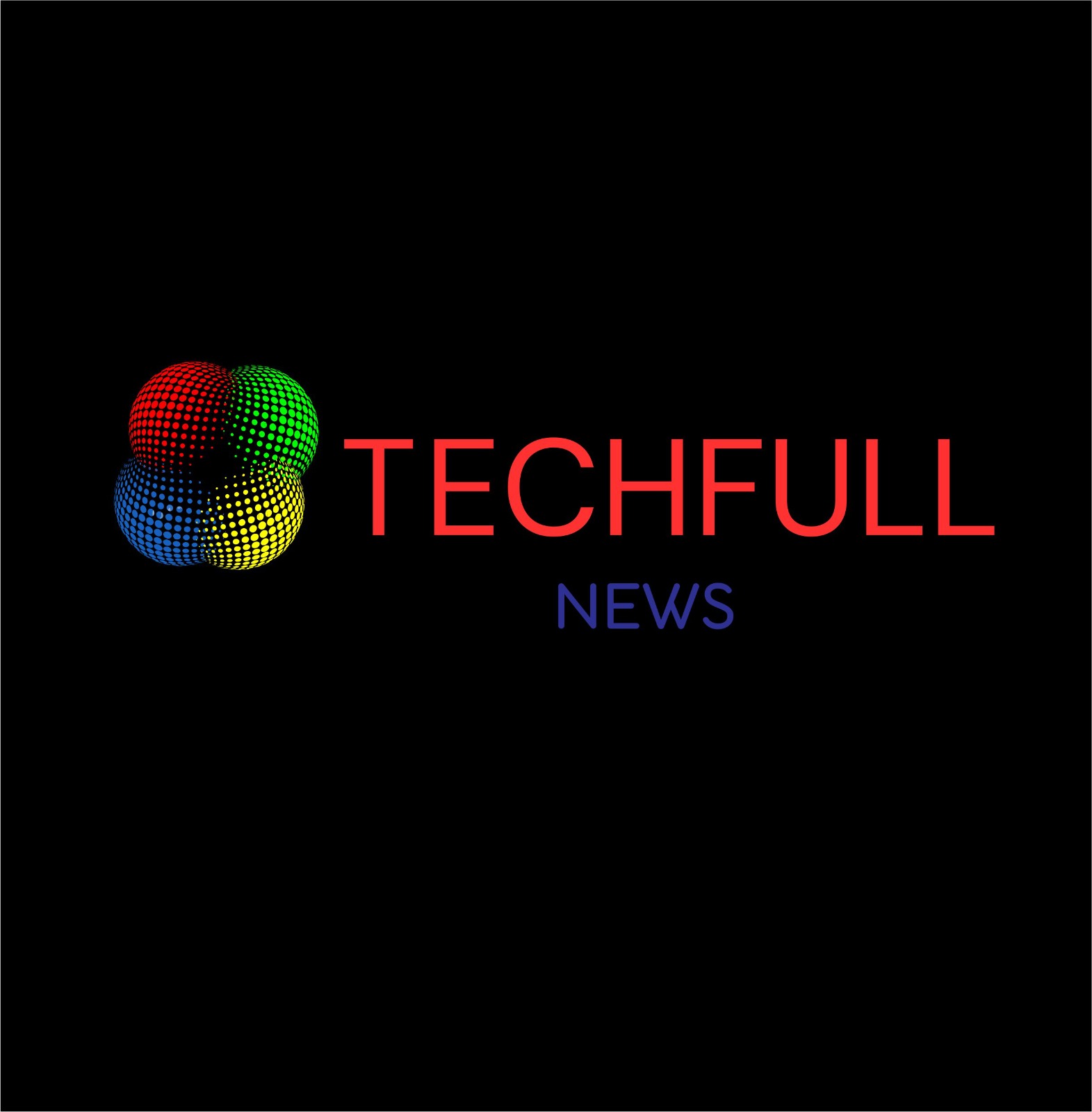Apple, a tech giant known for its secretive approach, is making substantial investments in the development of artificial intelligence (AI), a field that has become a focal point for the tech industry. Despite Apple’s outward restraint in hyping AI, it is actively participating in what has been dubbed the “AI arms race,” allocating a significant portion of its computing budget, reportedly “millions of dollars a day,” to AI endeavors.
While Apple has traditionally kept its AI efforts relatively low-key, recent revelations shed light on its ambitious projects. In July, Bloomberg reported the existence of “Apple GPT,” Apple’s large language model (LLM), which was initially for internal use. This LLM, known as Ajax, was mentioned as a potential asset for Apple Care customer support. Impressively, Apple expressed confidence that its Ajax GPT outperformed OpenAI’s ChatGPT-3.5.
As the pieces of Apple’s generative AI puzzle come together, it’s apparent that multiple teams within the company are dedicated to AI development. One notable entity is the “Foundational Models” unit, comprising 16 members, which is focused on advancing conversational AI. Leading this initiative is John Giannandrea, Apple’s head of AI, who joined the company after working at Google, with a mission to enhance Siri.
Much of Apple’s investment in conversational AI revolves around Siri, aiming to empower it with the capability to automate complex tasks. For instance, one envisioned feature is Siri’s ability to transform a sequence of photos into a GIF, a functionality that aligns with Apple’s Shortcuts app. This app allows users to manually program a series of actions using different apps and is anticipated to be released alongside a forthcoming iPhone operating system update.
Beyond conversational AI, Apple is reportedly exploring other AI domains, including multimodal AI, which encompasses text-to-image and image-to-text generation. Additionally, the company is working on software for generating 3D scenes, indicating a broader scope for its AI applications.
While Apple maintains its characteristic discretion, its substantial investments and innovative AI projects underscore the company’s commitment to staying competitive and advancing the state of AI technology within its ecosystem. As Apple’s AI initiatives gradually come to fruition, they are poised to reshape the way users interact with their devices and services in the future.

